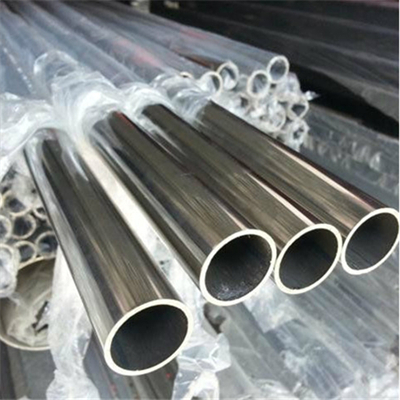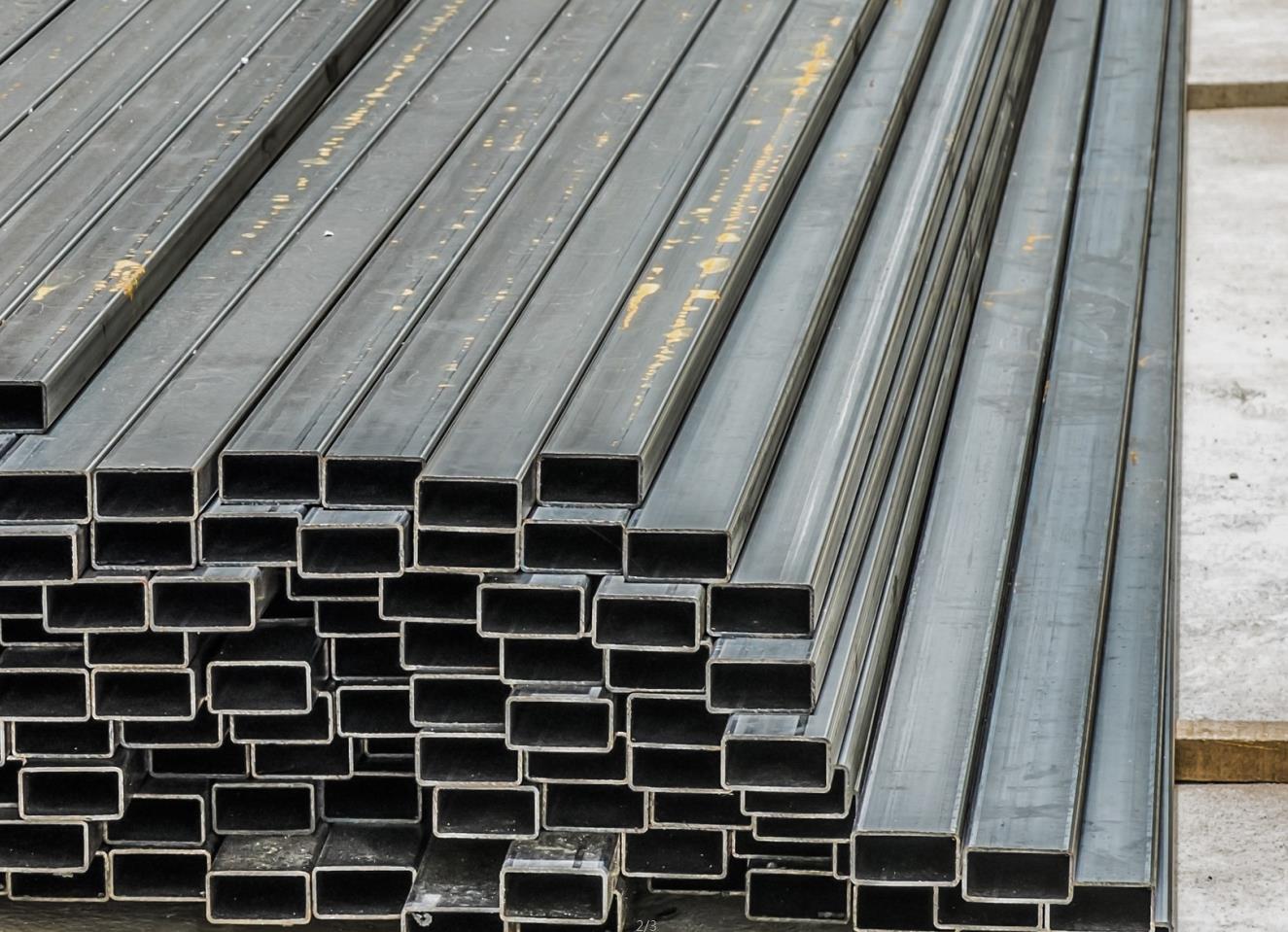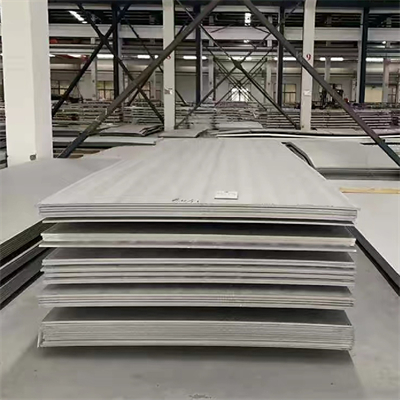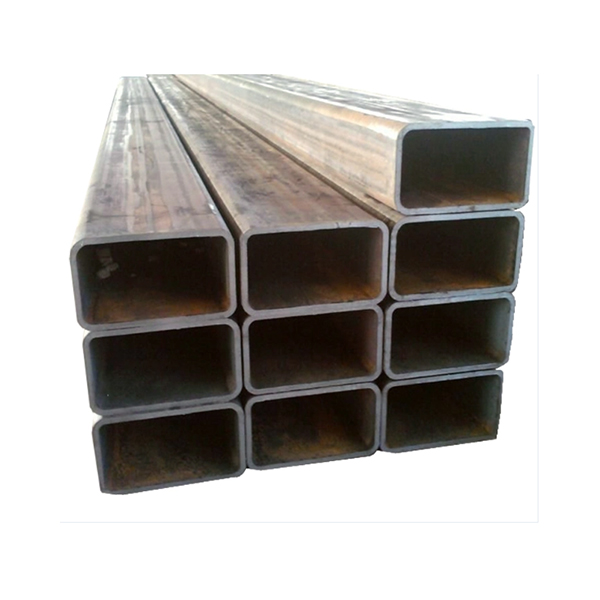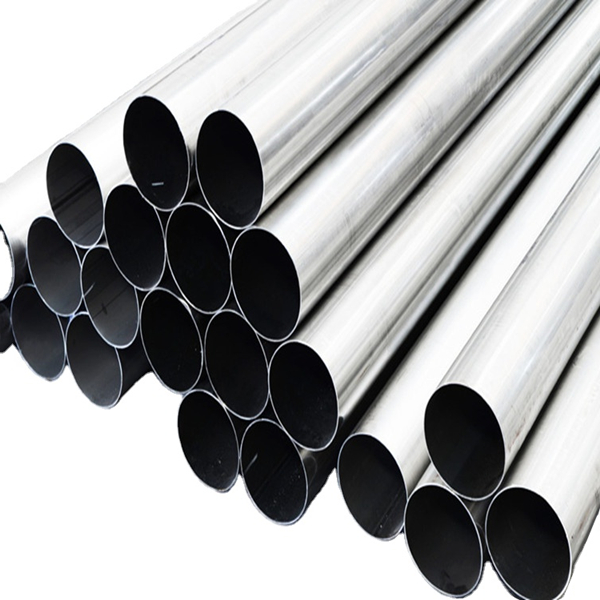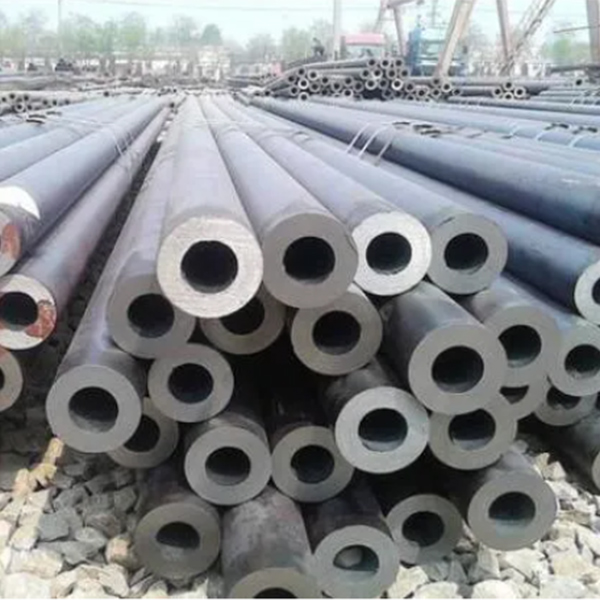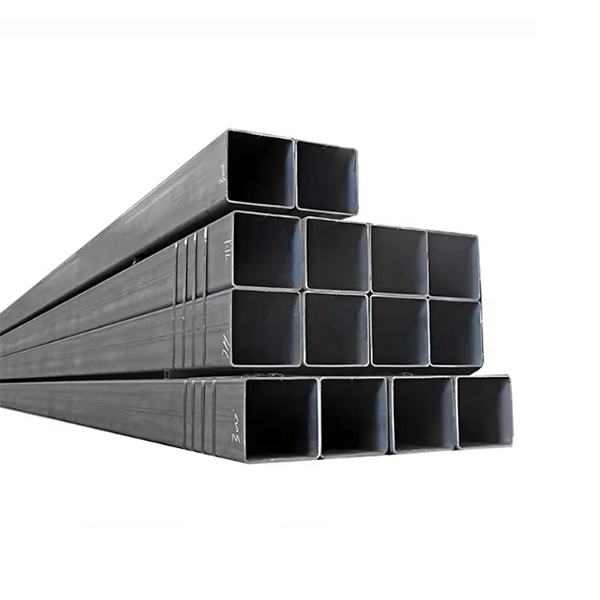Stainless steel water pipe
Why use stainless steel water pipes
Stainless steel drinking water pipe 304 food-grade water pipe material is non-toxic and harmless health and safety material. The advantages of stainless steel drinking water pipes include environmental protection, durability, high strength, safety, and practicality.
1. Environmental protection and health: The stainless steel water pipe is green, environmentally friendly, and healthy, and will not precipitate harmful substances, which will cause secondary pollution to the water source.
2. Flow influence: The inner wall of the stainless steel water pipe is smooth, not easy to scale, and does not affect the water flow
3. Aging: 304 food grade stainless steel does not rust or age
4. Hidden danger of water leakage: The hidden danger of water leakage in stainless steel water pipes is small, and the thread sticking connection technology can ensure that the pipes will never leak.
5. Service life: stainless steel water pipes have been used for more than 70 years, the same life as the building, and no maintenance is required in the latter period
6. Pipeline strength: stainless steel water pipe material has high strength, can withstand instantaneous pressure of 89Mpa, stainless steel does not rust or age
7. Pressure-bearing capacity: stainless steel water has a high pressure-bearing capacity and can resist 2.5Mpa pressure
8. Pipeline deformation: stainless steel water pipe has a small thermal expansion coefficient and will not deform
The benefits of using stainless steel water pipes
Stainless steel water pipes are very good water supply pipes. According to the actual measurement, in general, the working pressure of the stainless steel water pipe system can reach more than 2.5Mpa. Its low thermal conductivity is 1/25 of copper pipe and 1/4 of iron pipe. Its thermal insulation effect is the best among all metal pipes, and it can be used for a long time in the temperature range of -40℃~120℃. The highest temperature of domestic water is 100℃. Whether it is high temperature or low temperature, the material properties are quite stable; and it has good ductility and toughness. The high strength of stainless steel water pipes greatly reduces the possibility of water leakage affected by external forces, significantly reduces the leakage rate of water, and enables water resources to be effectively protected and utilized.
Advantages of stainless steel water pipes over galvanized water pipes
Stainless steel is a metal material. Stainless steel refers to steel that is resistant to weak corrosive media such as air, steam, and water, and chemically corrosive media such as acid, alkali, and salt. It is also known as stainless acid-resistant steel.
In practical applications, the steel that is resistant to weak corrosive media is often called stainless steel, and the steel that is resistant to chemical media corrosion is called acid-resistant steel. Due to the difference in chemical composition between the two, the former is not necessarily resistant to chemical media corrosion, while the latter is generally stainless. The corrosion resistance of stainless steel depends on the alloying elements contained in the steel
The basic alloying elements of stainless steel include nickel, molybdenum, titanium, niobium, copper, nitrogen, etc., to meet the requirements for the structure and properties of stainless steel for various purposes. Stainless steel is easily corroded by chloride ions, because chromium, nickel, and chlorine are isotopes, and the isotopes will exchange and assimilate to form stainless steel corrosion.
The corrosion resistance of chemical composition stainless steel decreases with the increase of carbon content. Therefore, the carbon content of most stainless steels is low, with a maximum of no more than 1.2%, and the wc (carbon content) of some steels is even lower than 0.03% ( Such as 00cr12). The main alloying element in stainless steel is Cr (chromium). Only when the Cr content reaches a certain value, the steel has corrosion resistance. Therefore, stainless steel generally has a cr (chromium) content of at least 10.5%. Stainless steel also contains ni, ti, mn, n, nb, mo, si, cu and other elements.Stainless steel is not prone to corrosion, pitting, rust or wear. Stainless steel is also one of the strongest materials in construction metal materials. Because stainless steel has good corrosion resistance, it can permanently maintain the engineering integrity of structural components. Chromium-containing stainless steel also combines mechanical strength and high elongation, and is easy to process and manufacture components to meet the needs of architects and structural designers

